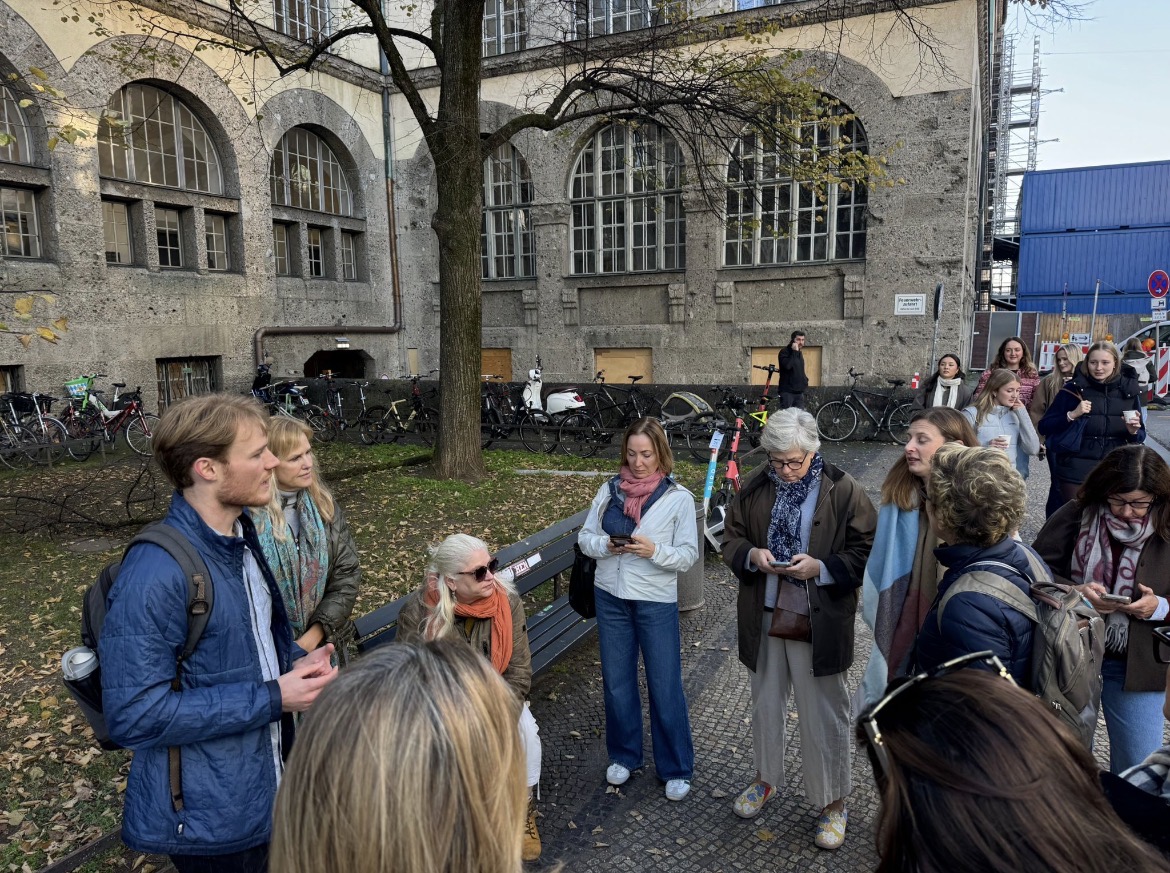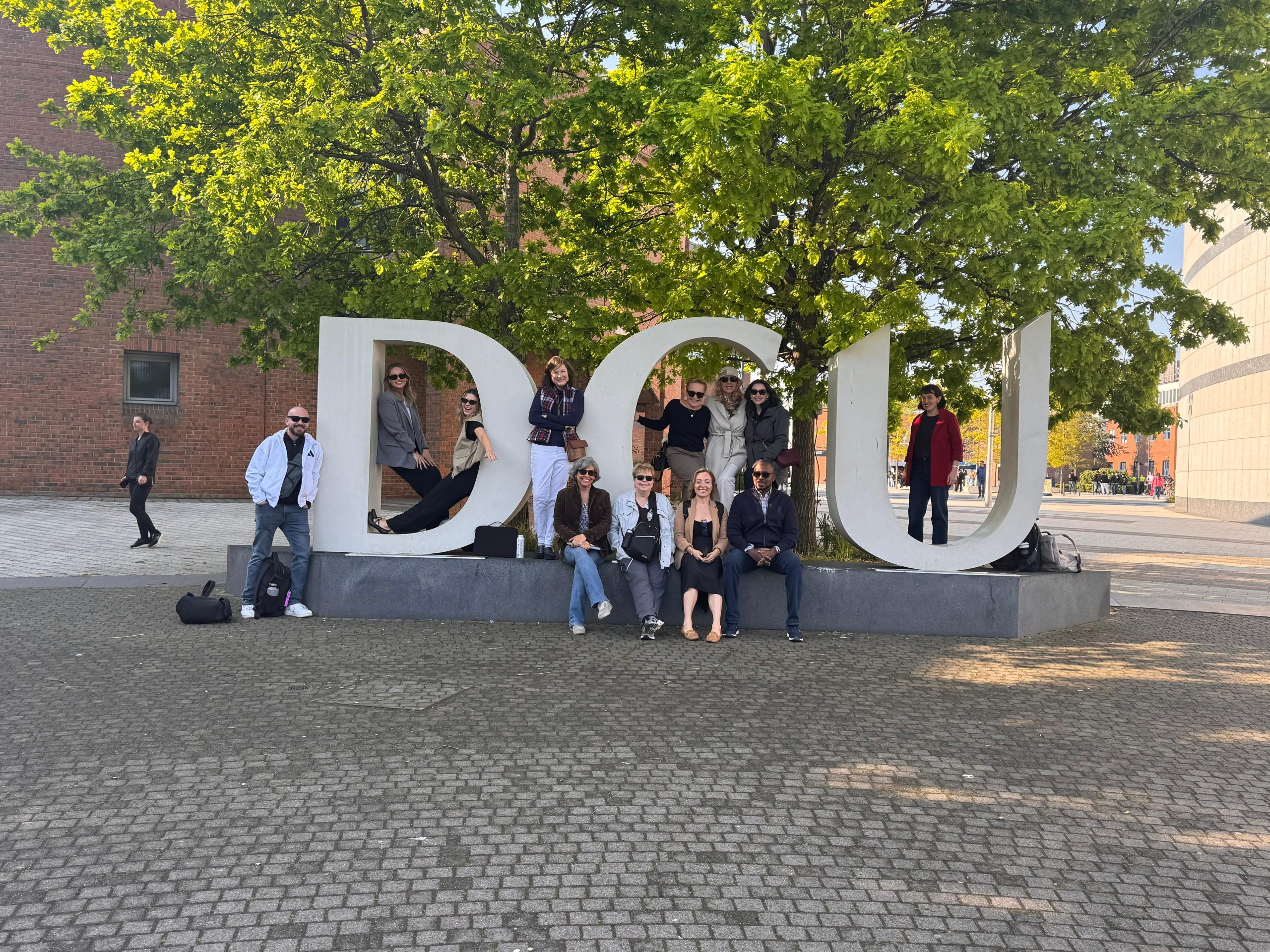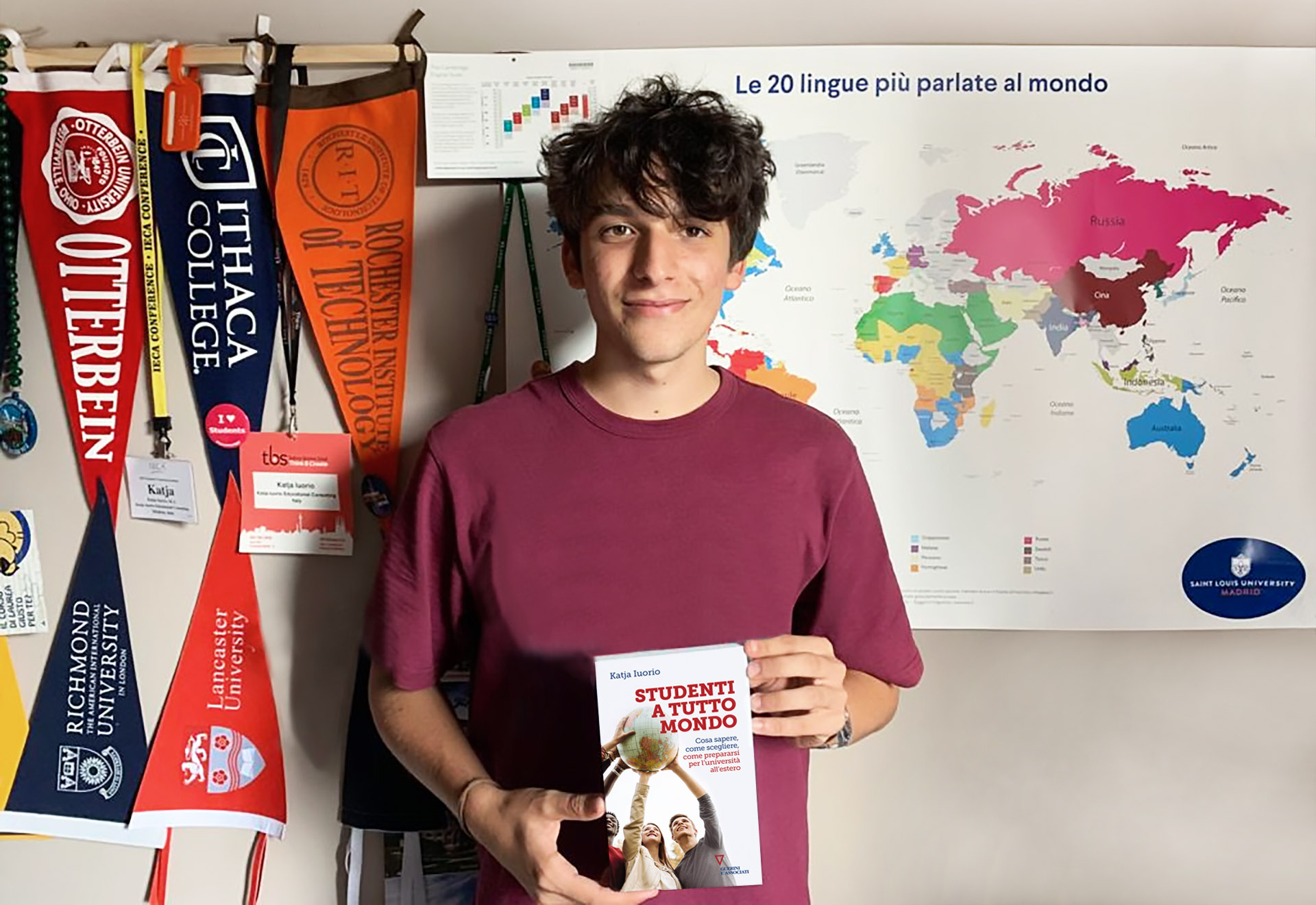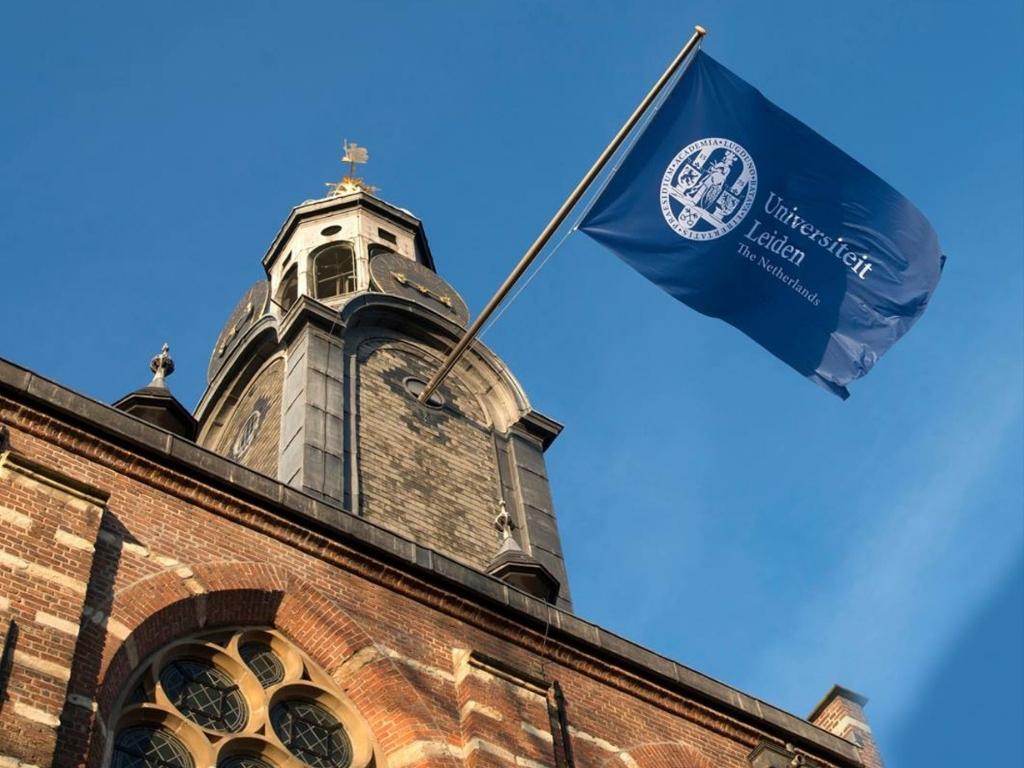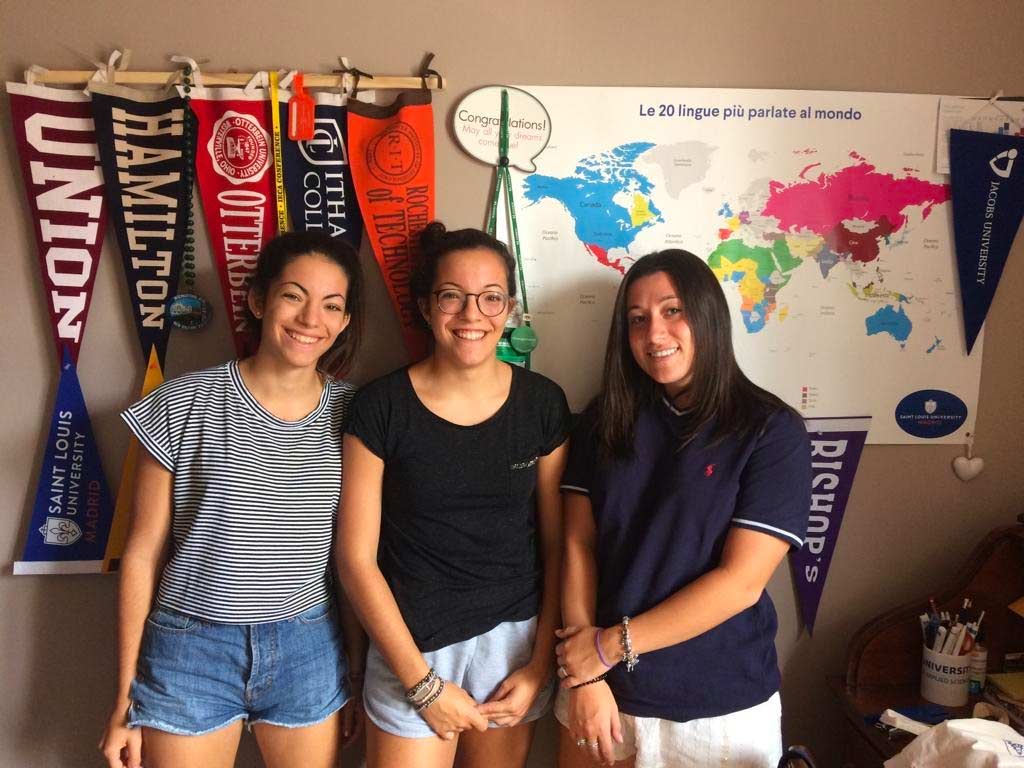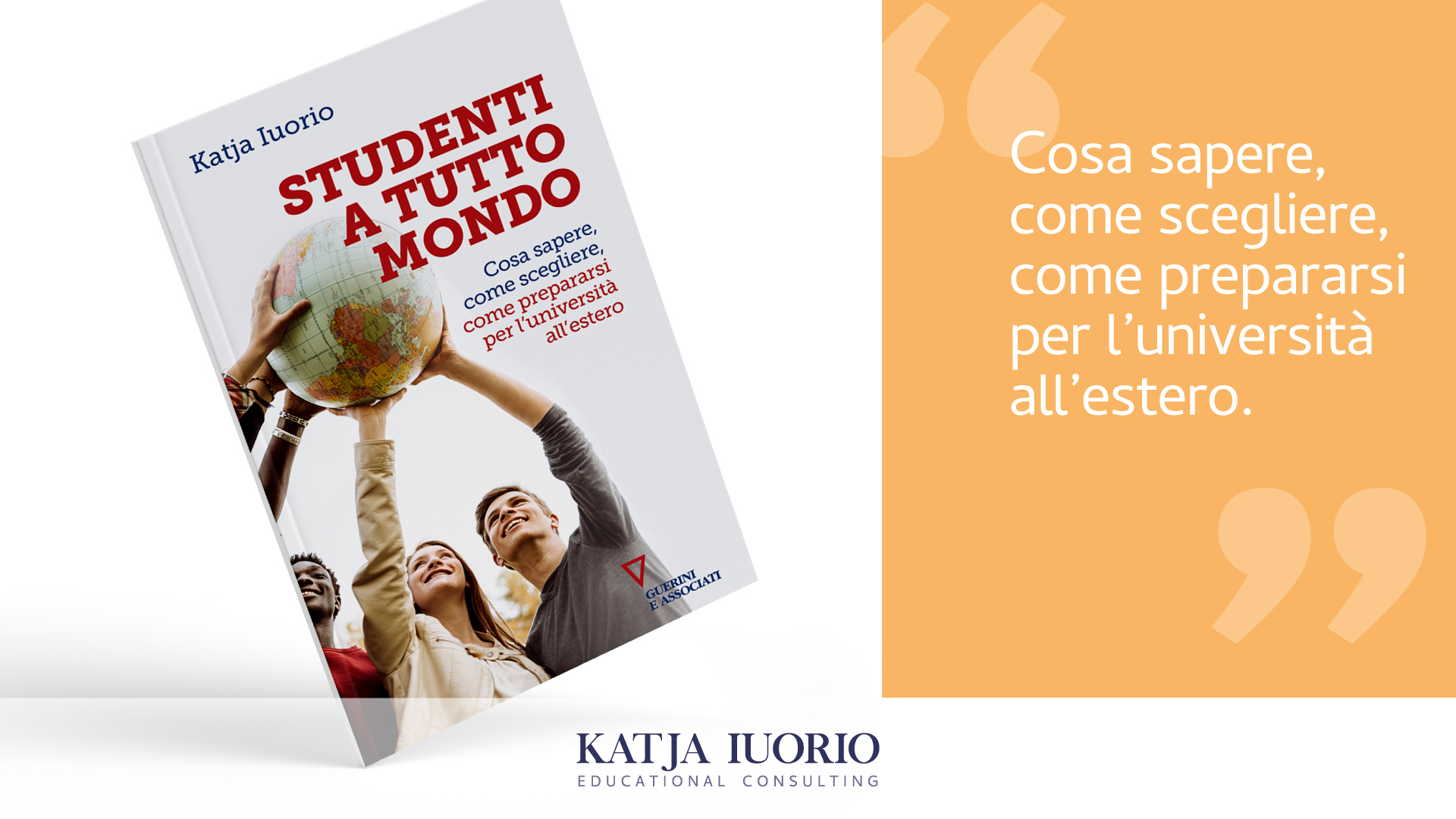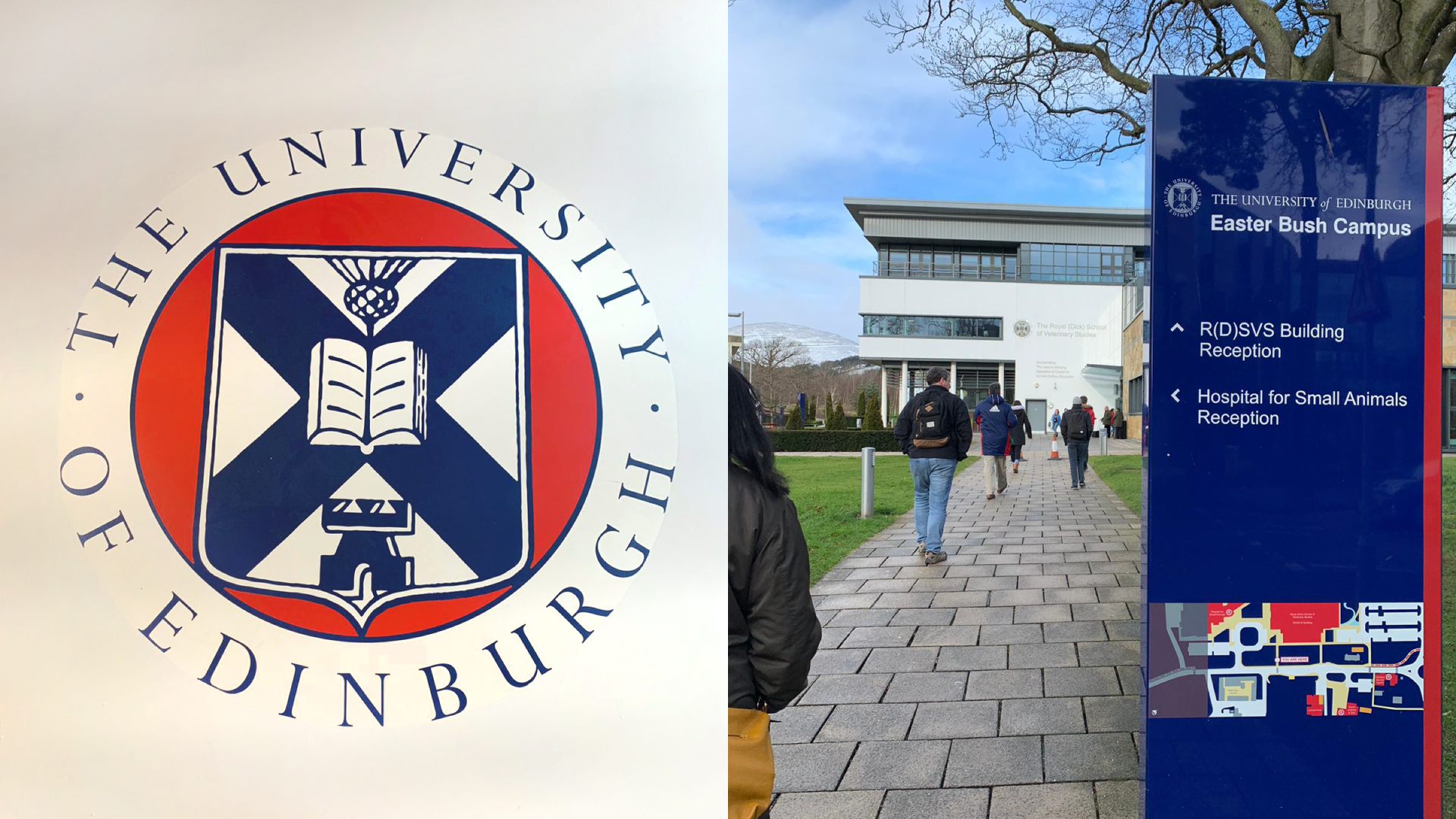Financial guide to study abroad: the 7 basic steps
In my role as educational counselor, I have often observed the challenges that parents and students face in the management of economic resources for this important step: a study abroad experience.
As we talk about financial commitment, it is important to remember that studying abroad does not necessarily mean spending large sums of money and thus represent an unattainable option for the majority.
Much of education in Europe is public, and tuition costs are very low. Today, in fact, there are many realities that make it possible to study abroad without prohibitive costs. For example, in the Netherlands, public education is of the highest quality with a strong international dimension. Or, countries such as the Czech Republic, which I will visit shortly on my way to Prague, offer more and more high-level programs, as well as Germany and some Northern European countries. Therefore, it is essential to know the educational offerings well and identify the one that best suits the needs of each student and family. Having a trusted counselor can make a difference, helping to navigate the many opportunities available today.
However, careful financial planning is essential for living a study abroad experience in a peaceful way. To support families in this journey, I have created a guide with seven key aspects to consider. These aspects are of paramount importance in order to best organize this opportunity, which is not only an academic enrichment but also an opportunity for personal and cultural growth for many young people.
Preparation and awareness: the key to a fruitful study abroad experience
Clearly financial planning will always be necessary so Here then are the key points I wish to focus on, drawn from my direct experience, to ensure a rewarding and unforeseen-free path for so many young people and their families.
1. The importance of financial planning
Accurately calculate the overall budget is the essential first step. Studying in another country involves several financial aspects that must be carefully analyzed:
- University fees: different regions or institutions can have widely varying costs. It is essential to investigate all fees and costs of instructional materials. In some courses, especially technical or art courses, equipment fees can be significant.
- Accommodation, food and transportation: each country presents a different cost of living. Assessing rent and transportation arrangements is imperative for a realistic picture of the budget needed.
- Health insurance and administrative expenses: do not underestimate visas, residence permits, and other "incidental expenses" that can severely affect the family budget.
In my experience, many students and families overlook "incidental expenses," which then become sources of difficulties. Plan ahead and inquire about possible promotions (e.g., discounted public transportation) and choose carefully the area in which to stay helps optimize the budget.
2. Divide expenses into categories
Break down expenses into specific categories Facilitates cost management and control. An effective method is to distinguish between:
- Fees and study materials: in addition to tuition fees, I recommend anticipating the cost of textbooks and any required equipment.
- Housing and cost of daily living: consider rent, utilities, food costs, and also put in social and entertainment expenses.
- Displacement and travel: Include major travel tickets and any sightseeing in their evaluation.
- Insurance or health coverage: often mandatory for international students.
Create an exhaustive list of all these expenses Helps to avoid running into bad surprises and preserve financial stability, which ensures a quiet and goal-focused study experience.
3. How to find resources: scholarships and other tools
After quantifying costs, the next question is how to finance this economic commitment? Alongside family savings, scholarships are a critical resource. They can be obtained by merit, economic need or programs offered by universities. I recommend consulting the official websites of the universities, government agencies and private foundations that explicitly support study abroad projects.
If a scholarship is not enough or you cannot get it, part-time work is a valuable second resource. In countries where a study visa is not required (all of Europe ) you can easily do some work without special limitations (a great many students do) . In countries where a study visa is required there are some limitations ; Many countries allow international students to work a limited number of hours per week. A small job provides money for daily expenses and also offers a Cultural immersion in the place of study, as long as academic commitments are not neglected.
4. Practical tips to reduce expenses
The financial challenges of studying abroad can be met with small daily tricks, without profoundly altering the experience but providing better money management:
- Meals at home: although enjoying local gastronomy is tempting, eating out every day can put a heavy burden on the budget. Plan a weekly shopping trip and take the opportunity to learn some basic recipes.
- Shared housing: sharing rent and expenses generates economic benefits and promotes social and cultural contact with other students.
- Public transportation: Prefer buses and subways, which are cheaper than cabs and private cars. Check out offers and discounted student passes.
- Student discounts: museums, movie theaters and certain restaurants offer reductions by showing your university ID card. This practice is worth taking advantage of to avoid excessive disbursements.
Adopting a simple and conscious lifestyle is the key to managing financial resources without compromising the opportunities offered by study abroad.
5. Manage currency exchange and local accounts
In case of staying in a country with a different currency, it becomes crucial to carefully manage currency exchange. Fees on withdrawals, card payments or international wire transfers can vary considerably depending on the bank. Opening a local account can often be advantageous. Some banks offer multicurrency accounts that allow you to avoid costly conversions and withdraw on improved terms.
Find out what documents are needed to open (passport, student visa, proof of residency) and consider comparing exchange rates on major circuits, including specialized online services. Staying up-to-date will result in small, large savings that positively affect the overall budget.
6. Good spending habits: the role of the budget
Knowing how to manage money is a skill that is honed with practice. Moving abroad offers the perfect opportunity to Learning how to balance income and expenses responsibly. In order to succeed, it pays to :
- Draw up a monthly budget: Divide fixed expenses (rent, utilities) from variable expenses (food, travel, entertainment). Always leave a margin for emergencies.
- Using apps or spreadsheets: numerous free apps allow you to record every expense and create easy-to-read charts.
- Check the data regularly: a weekly or monthly review helps to identify waste and correct it in time.
Over time, you will learn to recognize spending patterns and manage any unforeseen events more readily, turning financial autonomy into a real tool for personal growth.
7. The power of "best fit": choosing the right university
A second crucial aspect concerns the choice of university. Not all universities have the same costs, programs of study or opportunities for financial support. Informing yourself in advance allows you to identify the solution best suited to your needs.
I had the opportunity to visit several "admission offices" at universities, speaking directly with faculty and touching on the most innovative and interesting programs. This allowed me to breathe in the unique atmospheres that animate campuses and to understand Which university offered the "best fit" For my students.
Participate in open days and tours Helps to assess the environment and learn more about curricula. Direct contact with the admission office can also be fruitful, as it has the ability to provide details on scholarships, deferred payment plans, and on-campus job opportunities. Finding the "best fit" means opting for that university that can perfectly match one's aspirations and financial ability.
Helping you embark on a study abroad journey and optimize financial planning
As Ralph Waldo Emerson stated, "Life is a journey, not a destination.". Studying in another country Is a fundamental educational experience , and good financial awareness will help you face challenges with greater peace of mind.
I invite anyone who wishes to explore these aspects in more detail to contact me. With my experience, I can help you create a customized path that optimizes economic resources and enhances every opportunity for cultural growth. There are no impossible paths; you just have to walk them with determination and awareness.
It only remains for me to wish you have a good trip and remain available to answer any questions you may have, to support you in this extraordinary learning and personal growth experience.




